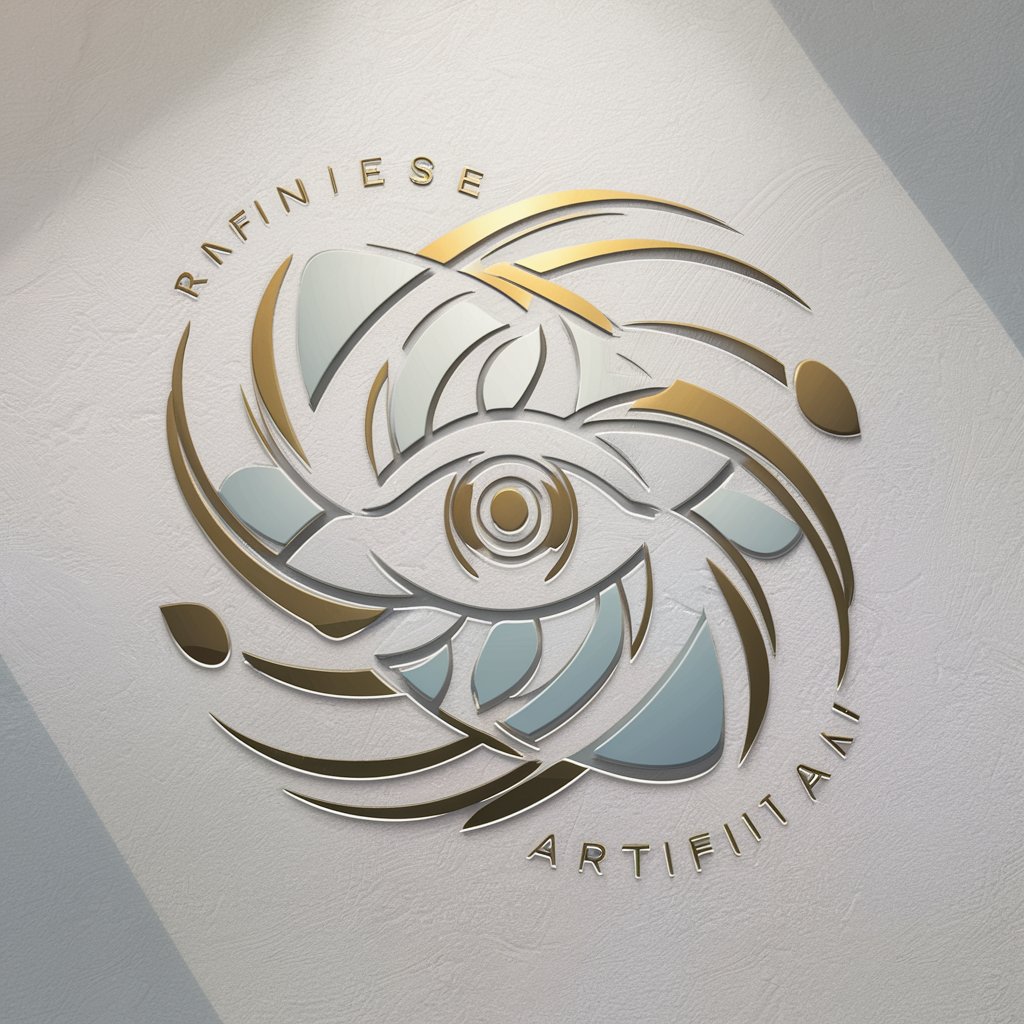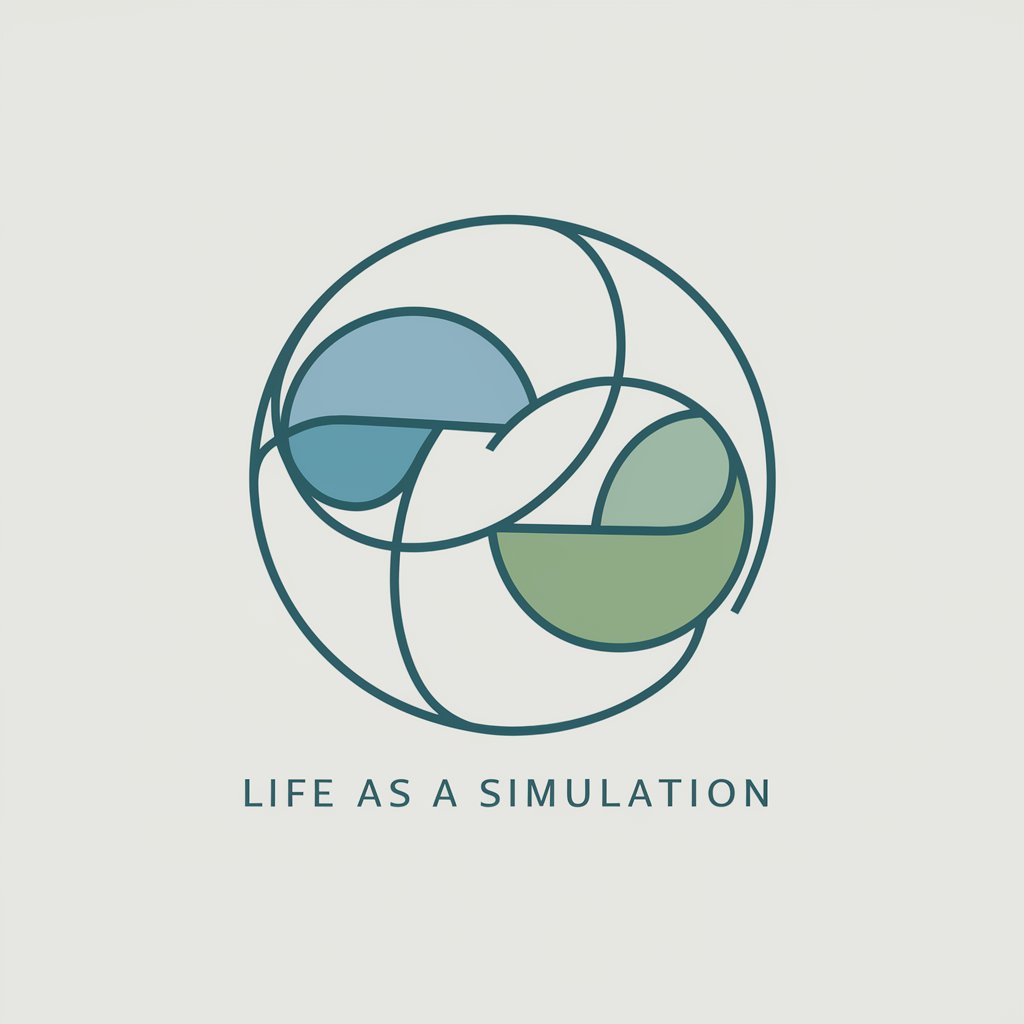10 GPTs for Existential Reflection Powered by AI for Free of 2026
AI GPTs for Existential Reflection are advanced AI tools designed to explore and analyze complex existential topics and questions. These tools, built on Generative Pre-trained Transformers (GPTs), are adept at understanding and generating human-like text, making them ideal for tasks that require deep reflection and nuanced understanding of human thoughts and philosophies. They are particularly tailored to engage with existential queries, providing insights and facilitating discussions on the human condition, purpose, and the meaning of life.
Top 10 GPTs for Existential Reflection are: Cosmic Consciousness,God,JK Coach,Thus Speaks Zarathustra,Deeper Meaning,Parmenides Thinker,Clarity,God Doesn't Make Mistakes meaning?,Emil,PLATON AU SAXOPHONE
Cosmic Consciousness
Explore the Divine, Understand Existence

God
Explore Existence with AI Wisdom

JK Coach
Empowering self-discovery through AI

Thus Speaks Zarathustra
Empowering self-overcoming through Nietzsche's vision

Deeper Meaning
Illuminating the Depths of Thought

Parmenides Thinker
Unlocking Ancient Wisdom with AI

Clarity
Elevate your understanding with AI-powered insights.

God Doesn't Make Mistakes meaning?
Unveiling Purpose in Every Experience

Emil
Explore NieR's Depths with AI-Powered Insight

PLATON AU SAXOPHONE
Philosophy at the Touch of AI

Essential Characteristics of Existential Reflection AI Tools
These AI tools boast a range of unique features that make them suitable for existential inquiry. They can adapt to various complexity levels, from engaging in basic philosophical discussions to analyzing intricate existential literature. Special features include advanced language understanding, context retention for coherent long-form discussions, and the ability to integrate with other technical tools and databases for enriched responses. Some tools also offer capabilities like web searching for contemporary philosophical debates, image creation for abstract concepts, and data analysis to identify existential themes in large text corpora.
Who Benefits from Existential Reflection AI?
The primary beneficiaries of these AI tools include philosophy enthusiasts, educators, students, and professionals in psychology and existential therapy. They are designed to be user-friendly for those without technical backgrounds, while also offering sophisticated customization options for developers and researchers in the field. This dual accessibility ensures that anyone with existential inquiries or interests can engage with these tools, regardless of their coding skills.
Try Our other AI GPTs tools for Free
Combat Strategy
Explore AI GPTs for Combat Strategy: Your strategic partner in defense planning. Utilize AI-driven insights for advanced tactical decision-making and predictive analysis in military operations.
Magical Adventure
Explore the enchantment of AI GPTs for Magical Adventure, your gateway to creating immersive, magical-themed content with ease. Tailored for creators at all levels, these tools unlock the potential of AI in crafting stories, games, and educational experiences.
Content Sharing
Discover how AI GPTs for Content Sharing can revolutionize your content strategy with automated creation, optimization, and personalized distribution, ensuring your message reaches the right audience.
Customizable Humor
Explore AI GPTs for Customizable Humor: adaptive tools that craft tailored humorous content, enhancing engagement and entertainment across various applications.
Culinary Adventure
Explore the world of food with AI GPTs for Culinary Adventure: your digital sous-chef for innovative recipes, culinary learning, and food exploration.
Fun Dining
Discover how AI GPTs for Fun Dining revolutionize meal experiences with personalized recommendations, interactive guides, and culinary innovation, making every meal an adventure.
Extended Applications and User Experience
Beyond philosophical inquiry, these AI GPTs tools find applications in mental health, supporting existential therapy by facilitating self-reflection and understanding. Their intuitive interfaces ensure seamless integration into existing systems or workflows, enhancing user engagement and providing customized existential insights across different sectors.
Frequently Asked Questions
What exactly is Existential Reflection in AI?
It refers to the application of AI, specifically GPT models, to explore, discuss, and provide insights on existential topics like meaning, purpose, and the human condition.
How do these AI tools adapt to different levels of inquiry?
They use advanced algorithms to understand the context and complexity of questions, allowing them to provide responses ranging from simple explanations to deep, philosophical discussions.
Can non-technical users interact with these AI tools?
Yes, these tools are designed with user-friendly interfaces that require no coding knowledge, making them accessible to anyone interested in existential topics.
What customization options are available for developers?
Developers can access APIs, adjust model parameters, and integrate the tool with other software or databases to tailor the AI's responses to specific existential frameworks or theories.
Are these tools suitable for educational purposes?
Absolutely. They can serve as interactive aids for teaching and discussing philosophical and existential concepts in educational settings.
Can these AI models generate existential literature analysis?
Yes, they can analyze texts and identify existential themes, providing insights and summaries of complex philosophical works.
Is there a way to visualize abstract existential concepts with these tools?
Some of these AI tools come with image generation capabilities, allowing them to create visual representations of abstract existential ideas.
How do these tools handle contemporary existential debates?
By integrating with web search capabilities, they can pull in current discussions and perspectives from various sources, enriching the conversation with up-to-date context.